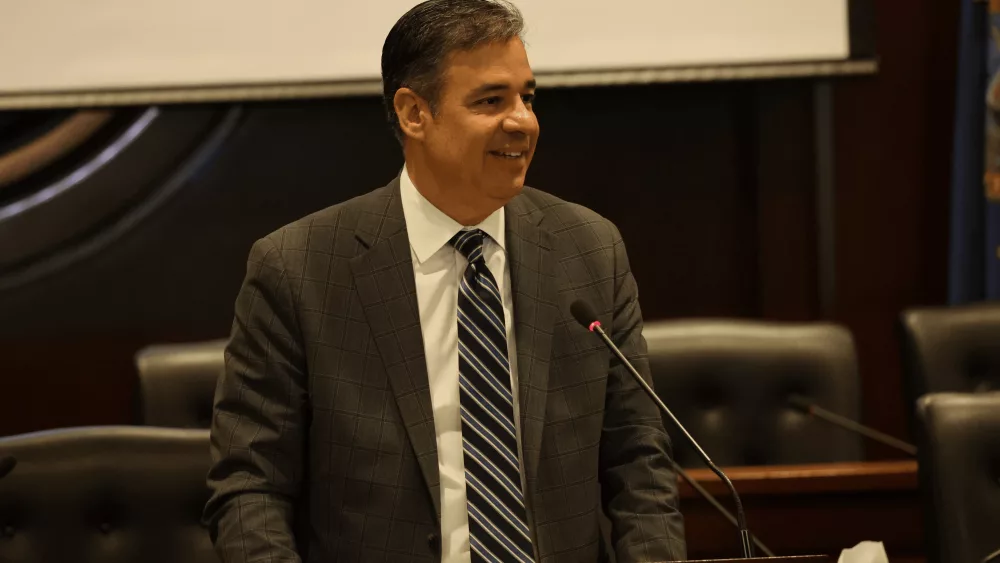WASHINGTON STATE – Having already served her sentence, a state audit published Thursday revealed that a former East Adams Rural Healthcare employee had embezzled $32,000 from taxpayers back in 2023.
According to the report, Adams County Public Hospital District 2 notified the Office of the Washington State Auditor, or SAO, in September 2023 about the potential loss of public funds. The district spends $12 million annually from local taxpayers and its revenues, which a former accounting clerk exploited.
Yvette Ahuna pleaded guilty to four charges in Adams County Superior Court in April 2024, serving 60 days in jail. SAO contacted Ahuna repeatedly between March and June 2025 for an interview, but after agreeing, she would later cancel each one, with the last request being June 3, according to the report.
A bank initially contacted the district on Sept. 26, 2023, to report that Ahuna had altered checks and deposited them into her personal account, after which the district realized she had credit card numbers.
“The position was not assigned a credit card; however, the Accounting Clerk did have access to District credit card information printed on the statements,” according to the SAO audit report, “and would also request credit card details from other District card holders to make various business purchases.”
The state found “a disbursement and credit card misappropriation” totaling $32,041 from May 2023 to September 2023, with $2,848 in questionable costs. Legislative Relations Officer Adam Wilson told The Center Square that SAO uses the word “misappropriation” because it’s not a law enforcement agency.
Ahuna tried to steal $5,472 from a fifth check in November 2023, over a month after EARH fired her.
She had only started working there in January 2023, before the court convicted her on two counts of forgery, theft in the first degree and attempted theft in the first degree, according to the judgment.
Washington state’s criminal code doesn’t define embezzlement as its own charge, so law enforcement typically uses those three types of charges when an employee has diverted funding for personal use.
Out of the $32,041 stolen, Ahuna spent $10,799 with a credit card on personal expenses, including utility bills, a storage container and home restoration services. SAO also found that she charged $487 to an online business account and had personal items shipped to her house, according to the audit report.
The $2,848 in suspicious transactions was for cellphone providers, gift cards and credit monitoring services, but SAO couldn’t “definitively” prove that Ahuna was responsible, according to the report.
“Protecting public funds is especially critical in health care, and we appreciate the hospital district’s commitment to improving its financial controls,” Wilson told The Center Square. “Cases like this one should serve as a reminder to public agencies to stay vigilant and closely monitor high-risk areas.”
SAO recommended that the district periodically hire an outside party to verify if cleared checks match internal records and retain documents for all credit card purchases with secondary reviews of activity.
The state spent $23,858 investigating this case, which is more than 73% of what Ahuna had stolen, and recommended that the district attempt to recover the entire $55,626, according to the report.
The Center Square contacted EARH for comment, but did not receive a response before publishing.
“The hospital intends to seek recovery of the funds misappropriated by the former Accounts Payable Clerk plus SAO charges,” according to the district’s response included in the audit report.





